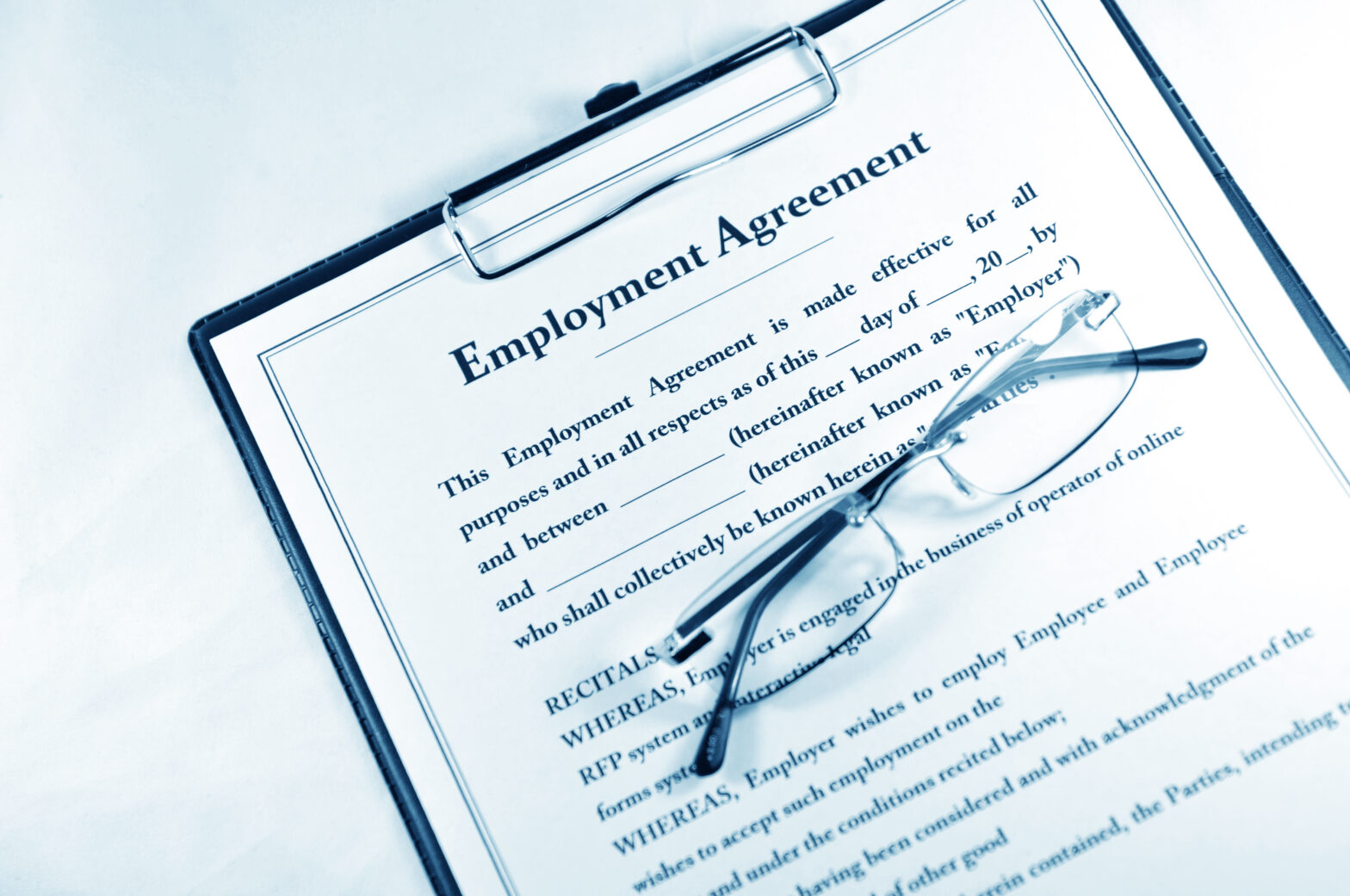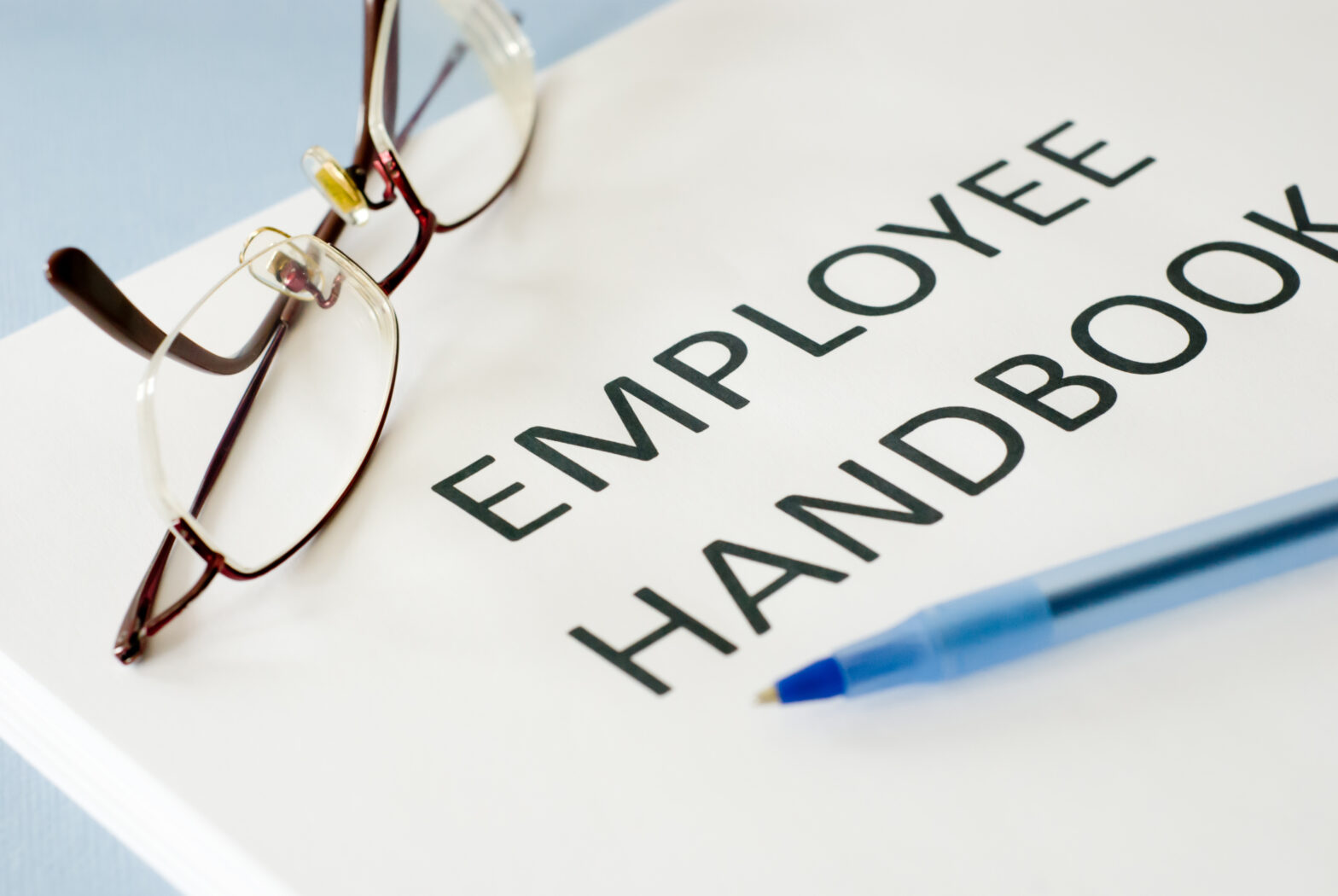The newly introduced Pre-Action Protocol for Debt Claims (PAP) is something that’s set to affect many businesses across a broad spectrum of industries, while small businesses in particular will need to take its stipulations into account.
The PAP comes under the Civil Procedure Rules, which are governance on how parties deal with litigation claims via the County Court. This new development is the first time that pre-action on a debt has been specifically covered by these rules.
Will I be affected?
Predictably, this is usually the first question that businesses ask. If, as a business, you ever have to chase customers for payments then the chances are that, yes, the PAP will directly affect you.
It sets out specific rules that should be followed if you intend to take customers to court for an unpaid debt. But there are limits to its application. If you’re chasing a limited company or partnership then there’s no need to follow the instructions set out in the PAP, as they don’t apply in those instances.
Other circumstances where the stipulations of this particular PAP don’t need to be applied are if the type of debt you are chasing already comes under another protocol, such as the Pre-Action Protocol for Construction and Engineering.
Where the Pre-Action Protocol for Debt Claims does come into effect is if you’re chasing an individual or a sole trader that you intend to sue. If this is the case, then you must ensure that, going forward, you comply with the requirements set out within the PAP.
How do I comply?
The first thing that needs to be done is to send a ‘Letter before Claim’ to the debtor. Contents wise, this needs to contain basic information such as your address and the amount of debt owed, along with details of the agreement (oral or written) that you’re pursuing them in relation to. Additionally, if they’ve offered you an instalment plan to repay the debt and you’re refusing to accept it, then you need to outline why this is the case.
You should also include a statement of account alongside the letter, or an explanation as to how any additional interest or charges that have been added to the initial debt have been calculated. On top of this, you need to include three further documents; an Information Sheet, Reply Form and Financial Statement.
What happens next?
With the letter and attachments having been sent, the customer is then allowed 30 days in which to respond. Once that 30-day period has expired, and if you haven’t received a response, then you’re able to sue them for the debt.
However, if you do receive a response within that period, then a variety of time restraints can come into effect:
- If the debtor asks for information and copy documents. You must respond to this request within 30 days, and then wait another 30 days before you’re in the position to sue.
- The debtor is seeking debt advice. This will add a further 30 days as you need to allow them to take this advice and respond to you with the outcome.
- They ask for time to pay. If this happens, you must try to come to a reasonable agreement based on their income and expenditure. If an agreement can’t be reached, you must write to inform them of this and give 14 days notice of your intention to sue. If an agreement is made and the customer subsequently defaults on the payment, then the PAP process must be started again from the beginning.
- The debtor provides a partially completed Reply Form. If this instance, you should contact them for more information so that you can fully understand their position.
- They dispute the debt. You should exchange information and documents with them to try to resolve the dispute. If this can’t be resolved, you should explore the possibility of alternative dispute resolution such as mediation.
What happens if I ignore the PAP?
The PAP is newly implemented so at this stage, with no existing precedent set, we’re not in a position to know how tough the court will be in regards to non-compliance. However, I would strongly advise against testing the court on this. If your claim proceeds to litigation, the court will expect you to have complied with the PAP, and if you haven’t, there’s a chance the court could sanction you by staying the claim until you do so. This could potentially have repercussions as the court may opt to punish you heavily in terms of costs by ordering you to pay both sides’ costs of the proceedings, regardless of the outcome of the claim.
Moving forward
The introduction of the PAP shouldn’t initiate any panic. Legal advisers have been keeping up to speed with the PAP’s developments.
If you’re pursuing debts from individuals or sole traders, given the potentially costly implications, it’s advisable to comply rather than face any financial consequences further down the line.
Peter Gardner is an associate and defended commercial recoveries manager at Spratt Endicott Solicitors.








